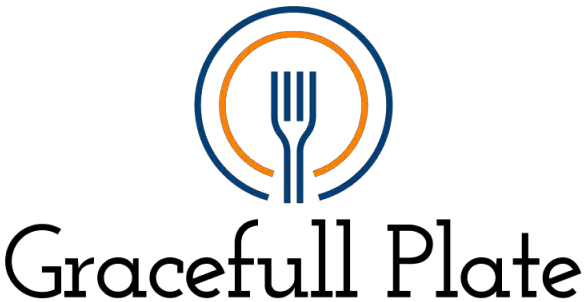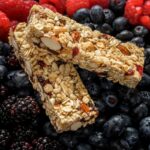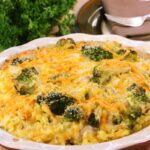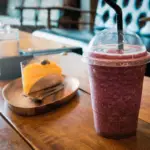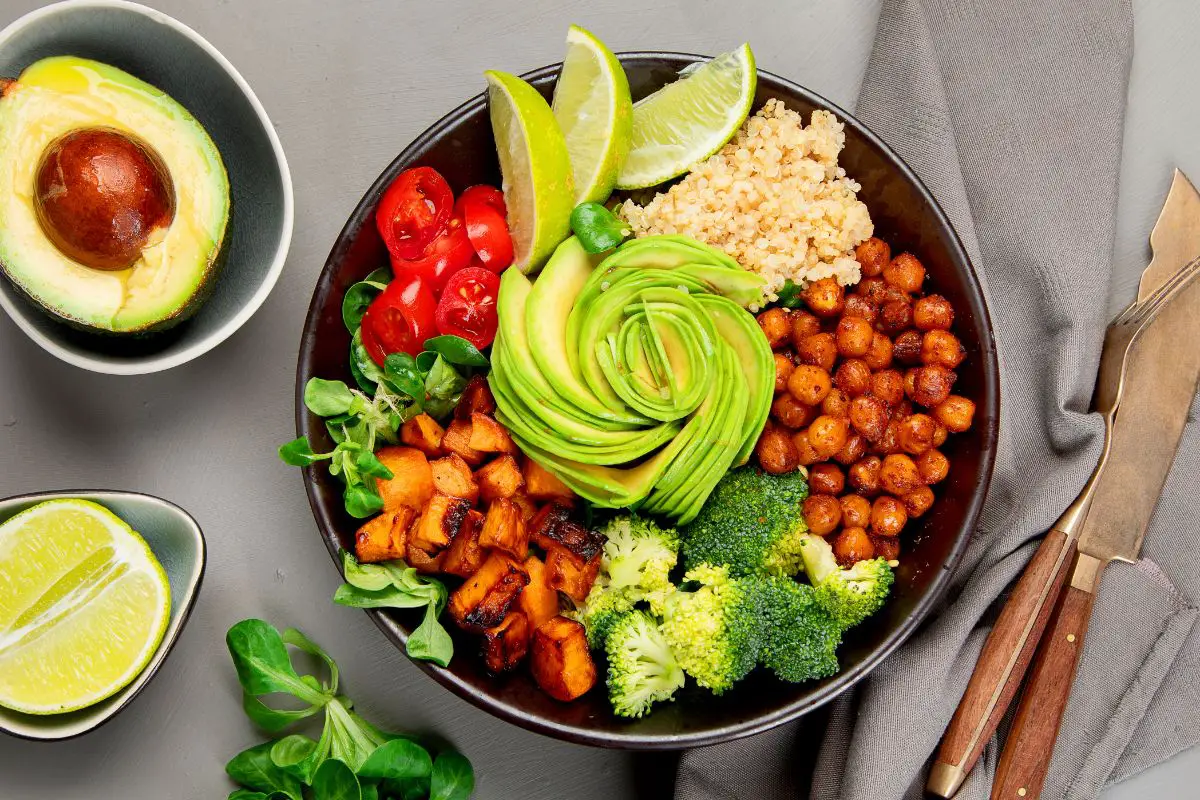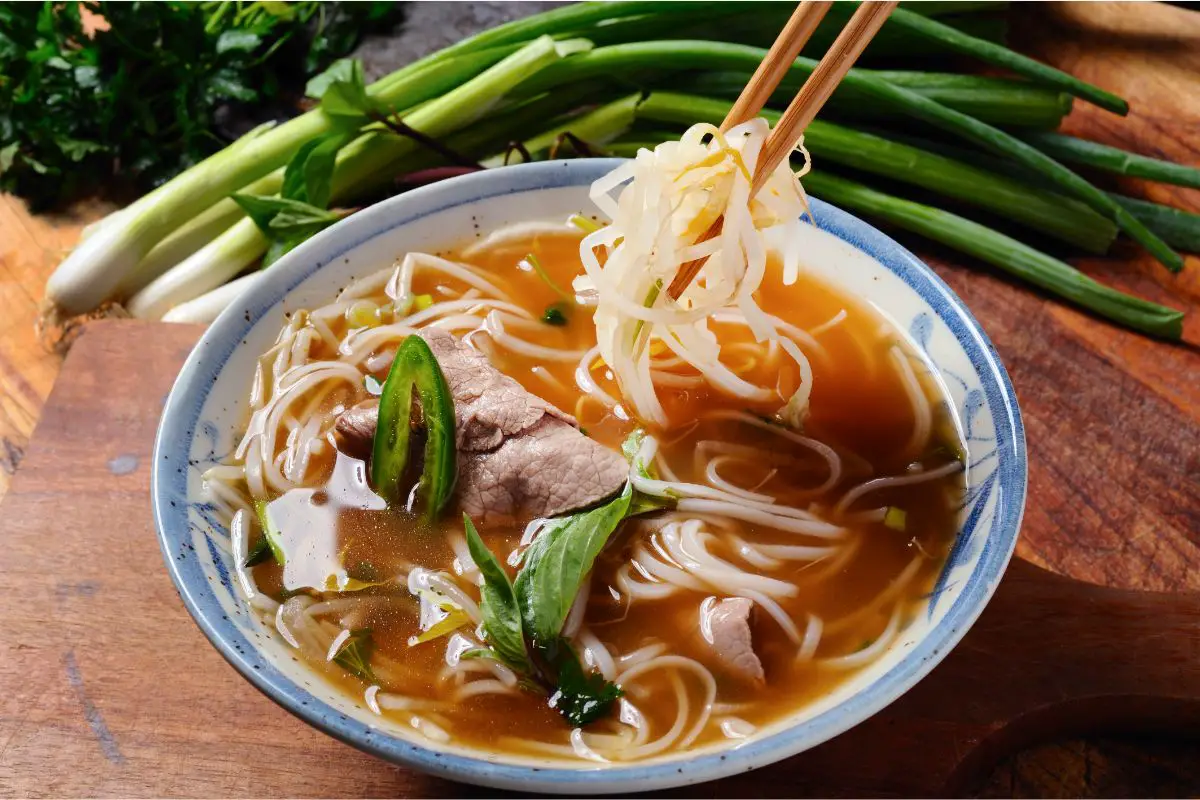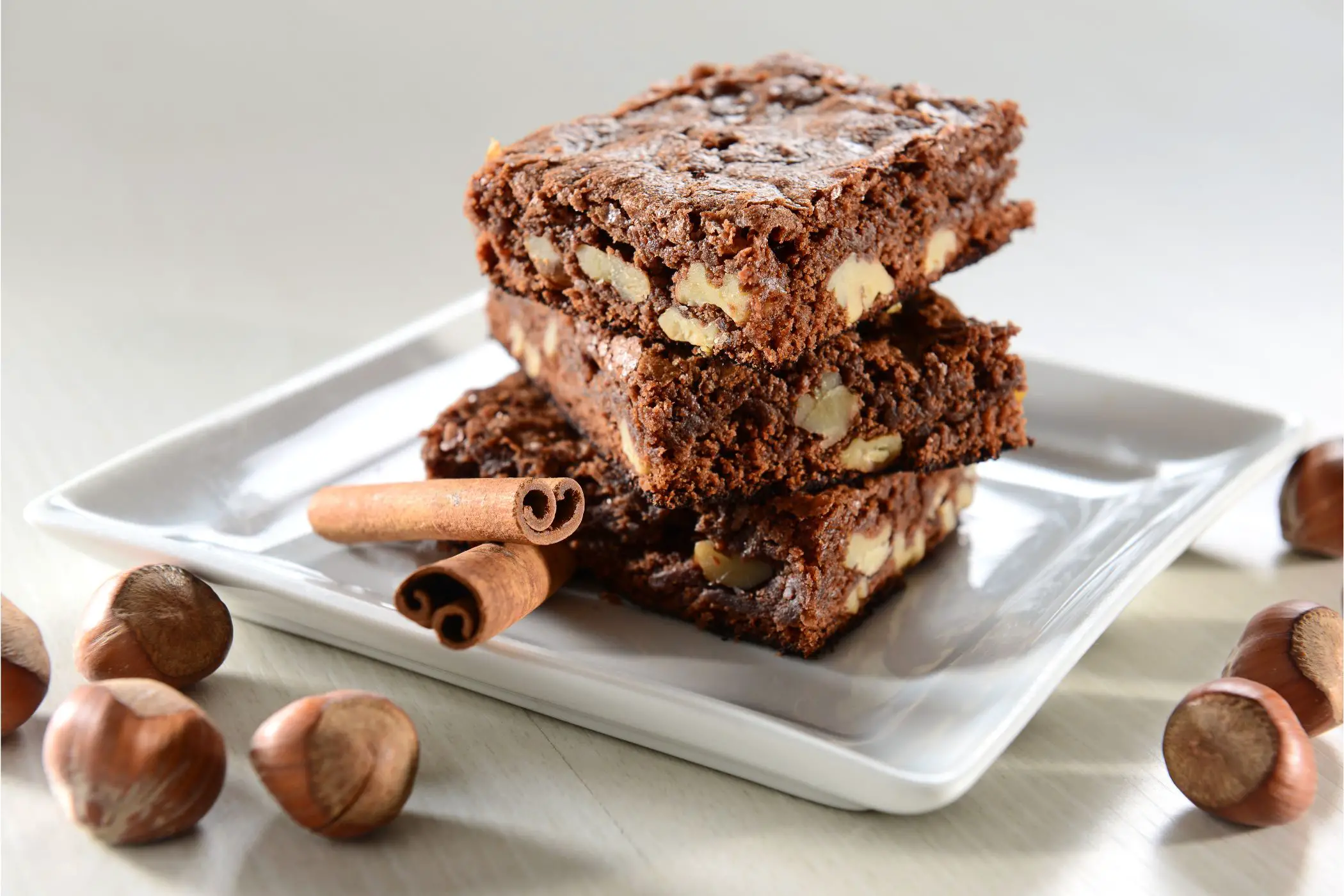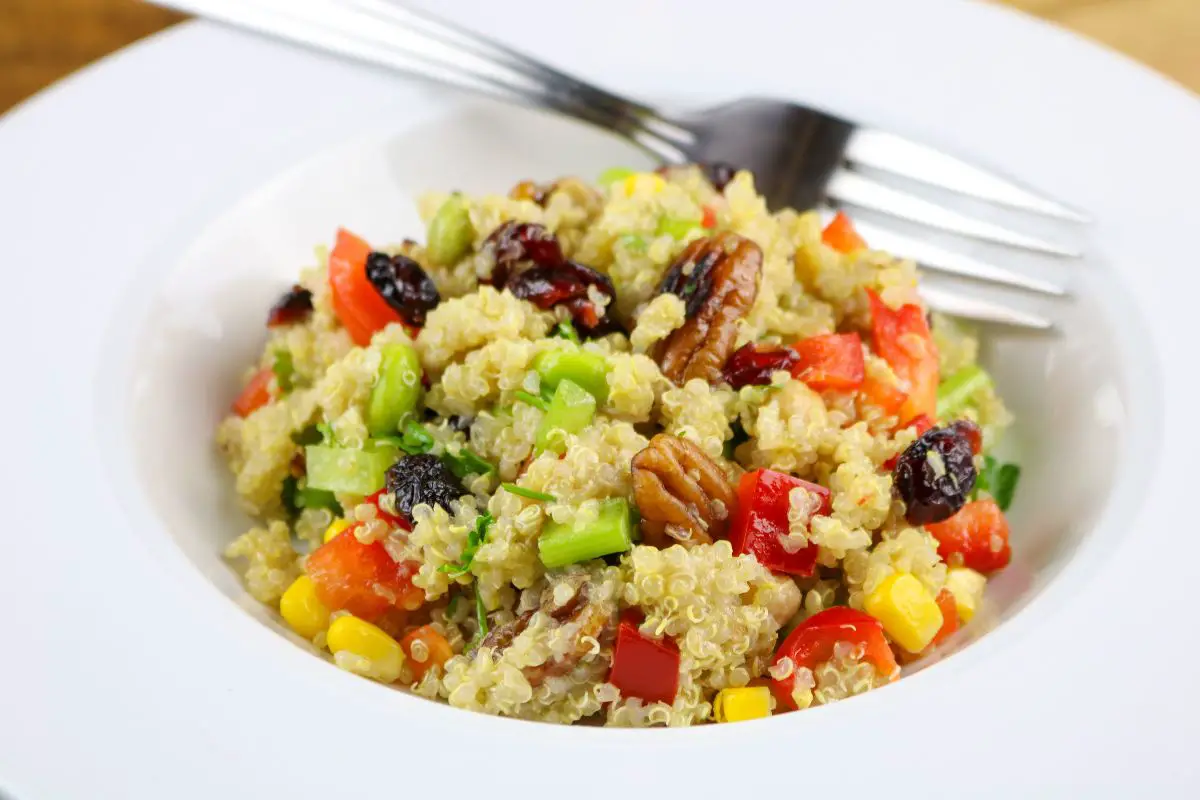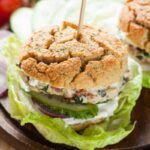You have likely had the pleasure of learning what chickpeas are if you have ever visited a salad bar, consumed falafel, or dunked some vegetable sticks in hummus.
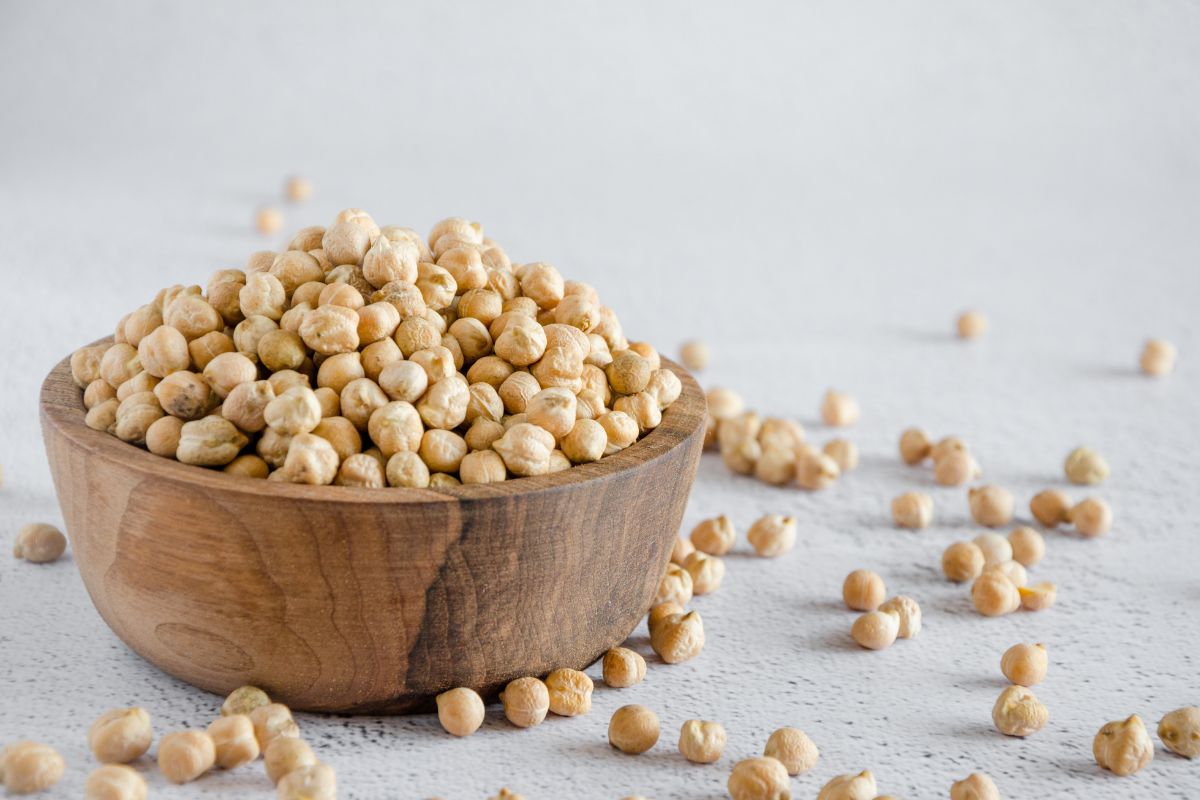
This kind of bean or legume is among the more well-liked beans offered at supermarkets.
In addition to salads, fried bean patties (falafel), soups, dips and spreads like hummus, chickpeas are a very versatile ingredient.
Chickpeas are available in dried and canned types. They are low in fat and a wonderful source of protein.
You might be wondering if you can continue eating this kind of bean if you adhere to a gluten-free diet. In this article, we will discuss more about what a chickpea is and whether they are suitable for a diet free of gluten.
Chickpeas Overview
Chickpeas are a kind of legume or bean. When cooked, they have a fairly creamy texture and have an almost spherical form. They are a very adaptable ingredient and have a light brown color.
Chickpeas are also known as “garbanzo beans”. Don’t get too confused when you encounter these two words on canned or dry beans at the shop.
Since, these names refer to the same type of legume.
Chickpeas can be blended into dips such as hummus, or are often added to salads, soups, and other dishes. Chickpeas can also be used in curries instead of meat.
Otherwise, why not try roasting them for a crispy snack. Additionally, you could purée the chickpeas with seasonings and bake or fry them to make falafel or other bean patties as a burger meat substitute.
They are a terrific addition to your cupboard for simple meals and plant-based nutrition. This is because they are full of fiber and protein.
Keeping chickpeas on hand is a great idea if you haven’t already made them a part of your diet.
Gluten Overview
The majority of wheat products contain gluten. This is a type of protein that serves as the “glue” that keeps grains including wheat, kamut, spelt, farro, semolina durum, barley, bulgur, and rye together and in shape.
Since gluten is a natural component of grains, it is impossible to remove it. There isn’t any way to make a product gluten-free if the grain already contains gluten.
Gluten can also be found in flavorings, ingredients-binding agents, or other additives.
As a result, if you are following a gluten-free diet, it is important that you look at the ingredients on the label to ensure there are no traces of gluten if you are highly sensitive to it.
Are Beans Considered Gluten Free?
Plain legumes and beans are inherently gluten-free. However, this is only the case, if you keep a couple of things in mind.
If you keep the following in mind, then you can safely include beans into your diet if you’re trying to avoid gluten.
Although beans inherently are gluten-free, there is a chance that they could come into touch with gluten during the production process.
For instance, you might want to question whether canned beans include gluten if their ingredient lists include anything other than beans and water.
Look for “wheat starch,” “wheat flour,” or other gluten-containing substances on ingredient labels.
Dry beans could have been processed on equipment that also processes gluten-containing grains. Hence, these dry beans could possess traces of gluten.
This is actually very common, so make sure to look for a gluten-free tag or a notation indicating that the beans you’re purchasing are handled on a gluten-free line, if you are even slightly sensitive to gluten.
Gluten may also be present in beans from grocery store bulk bins. The shovels used in this section of the store can be shifted between one bin to another. Hence, they are not usually cleaned thoroughly.
Reviewing ingredient lists and scanning the box for a gluten-free label are the best ways to determine for sure whether the beans you’re purchasing contain gluten.
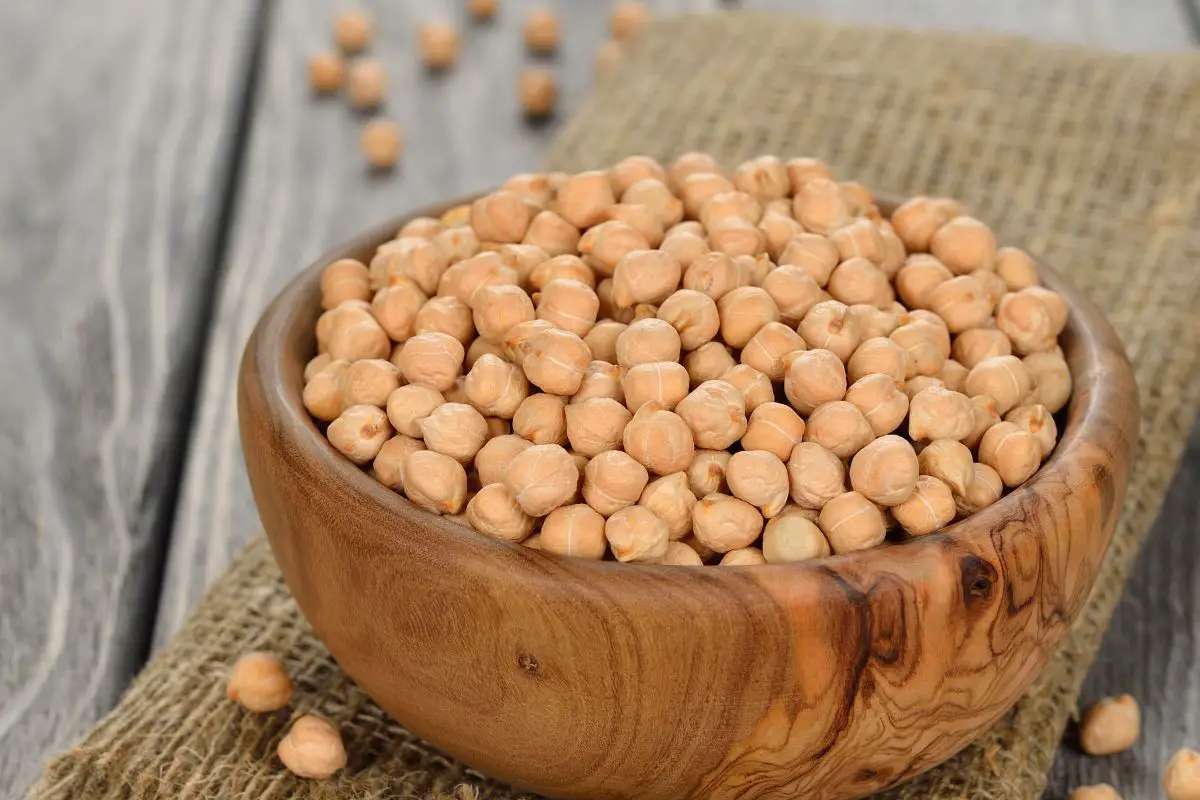
Do Chickpeas Contain Gluten?
Chickpeas, whether they are canned or dry, are naturally gluten-free.
However, as mentioned above, if you are aware that you are highly sensitive to gluten, make sure to search for a company whose products are marked as gluten-free on the package.
Knowing which companies have no risk of cross-contamination and have gluten levels that are less than 20 ppm can be done with the aid of a gluten-free label.
Also take into account that not all recipes that call for chickpeas will necessarily be gluten-free just because the beans are.
For instance, if the major ingredient in your salad is chickpeas, make sure that every other component is gluten-free as well. If you sneak some croutons in, your salad might not be suitable for a gluten-free diet.
Overall, if you’re attempting to avoid gluten, just be mindful of all the components used in addition to the chickpeas.
Do Dry Chickpeas Contain Any Gluten?
Since they are not a grain product, dry chickpeas and garbanzo beans are often gluten-free.
Having said that, you should search for a product with a gluten-free label if you are worried about gluten contamination.
Occasionally, beans are processed on the same equipment as grains or wheat goods.
Hence, if you’re worried about traces of gluten, check for the FDA-mandated gluten-free label, which guarantees the product has fewer than 20 ppm of gluten.
Do Canned Chickpeas Contain Any Gluten?
For a gluten-free diet, plain canned chickpeas are regarded as safe.
However, given that these beans have undergone processing, it is always a good idea to check ingredient labels and seals for any gluten-containing additions.
This is particularly true of chickpeas in cans that have been flavored with seasonings. Some canned bean products may contain substances such as wheat flour or wheat starch.
On occasion, beans are manufactured in a setting and on equipment that also handles wheat or other gluten-containing cereals.
You should check the packaging because sometimes this information is included right next to the ingredients list. Although, other times it is completely absent.
Check for a gluten-free sticker to help you make an easy choice as to which brand to purchase from. Thus, you can be assured the chickpeas you’re buying are devoid of any gluten.
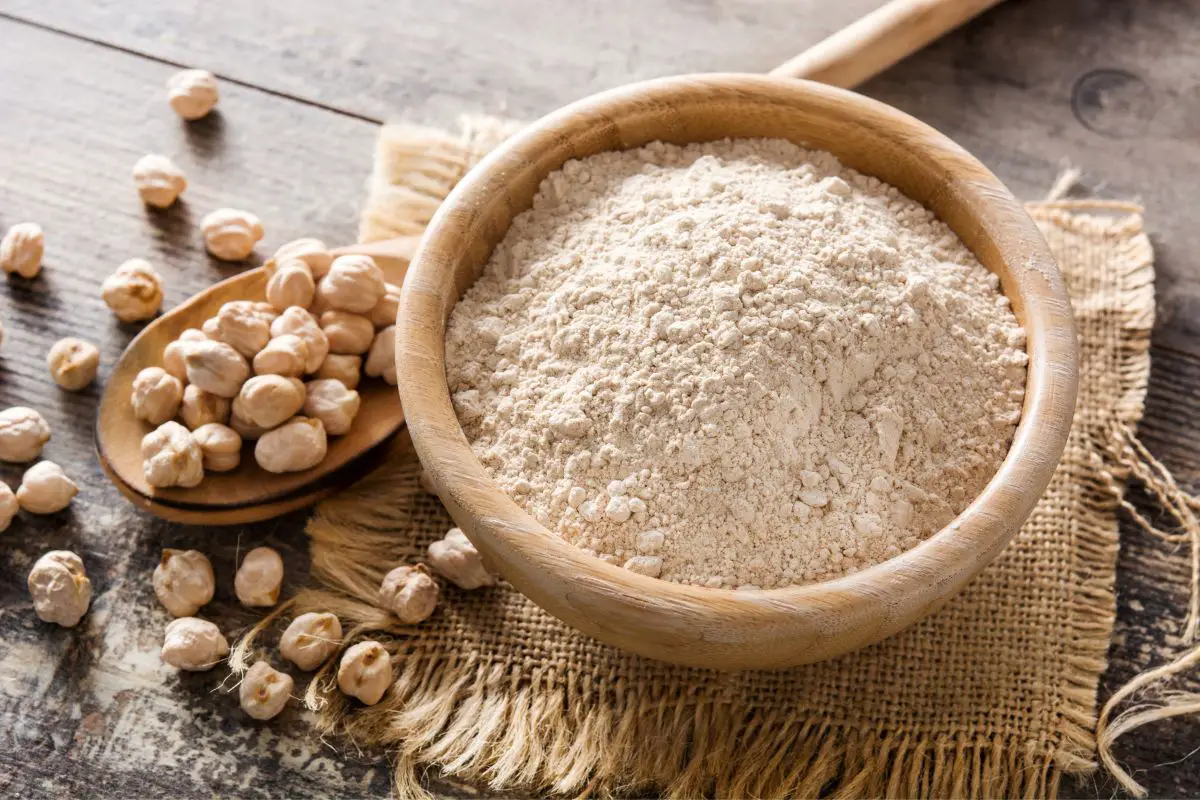
Is Chickpea Flour A Good Gluten Substitute?
When it comes to cooking, there are a lot of alternatives out there depending on the type of diet you are following. Therefore, if you are looking for a gluten-free flour substitute, you may have come across chickpea flour.
Chickpea flour is created by grounding chickpeas. As a result, due to nothing else being added, then chickpea flour is considered gluten-free.
This flour has a nutty flavor, a grainy texture, and a substantial amount of protein and fiber.
As always, before buying a product, read the ingredient list. For the best flour blend, several flour makers combine a variety of components.
Verify the chickpea flour hasn’t been contaminated with wheat, rye, or barley. Or you could easily make the flour yourself.
Gluten Free Chickpea Brands
There are many different brands of chickpeas out there. However, if you’re searching for one with a particularly distinct gluten-free label, below are a couple to consider and to look for the next time you’re at the supermarket.
Keep in mind that these beans are also frequently referred to as “garbanzo beans.” Despite having two names, they are the same food.
The brands to look out for includes:
You can find various brands of chickpeas in any store. However, as we have said, it is vital to check the ingredients label to ensure they are completely gluten-free.
Health Benefits From Consuming Chickpeas
Chickpeas are a nutrient-dense source of minerals, vitamins, and fiber. They are said to help with weight control, improve digestion, and lower your risk of disease.
Additionally, this bean is a good meat substitute in several vegetarian and vegan meals due to its high protein content.
Chickpeas have a fair number of vitamins and minerals and a modest amount of calories. They provide a good amount of protein and fiber as well. This bean is an especially good source of folate and manganese.
For those who don’t eat meat or other animal products, chickpeas are a fantastic source of plant-based protein.
Approximately 14.5 grams of protein are present in a cup of chickpeas. This is equivalent to the protein composition of foods like lentils and black beans.
The protein found in chickpeas can aid in promoting fullness and controlling your appetite. Additionally, protein is recognized for its contribution to bone health, muscle strength, and weight management.
Furthermore, your blood sugar levels may be better controlled by chickpeas in a number of ways. Their glycemic index (GI), a measure of how quickly your blood sugar increases after consuming a food, is quite low.
Many low-GI foods in a diet have been demonstrated to help with blood sugar control. Additionally, the fiber and protein in chickpeas may help control blood sugar levels as well.
As you can see, there are various health benefits which are as a result of including chickpeas in your diet. Even if you only use them in a couple of your meals a week, this can have a positive effect on your health.
When Can You Use Chickpeas In Your Diet?
Chickpeas are a really versatile and nutritious ingredient to add to a variety of dishes.
Below are some of the more popular ways in which you can utilize chickpeas into your food and diet.
In Soups, Stews And Curries
In soups, stews, and curries, chickpeas work well as a substitute for meat. They hold up nicely when cooked in a pressure cooker, slow cooker, or on the stovetop while simmering.
There are lots of different types of chickpeas out there, so you can mix and match the types of chickpeas you use to suit the dish you are making and add more color.
In addition to this, chickpeas help to make soups in particular much thicker. Puréeing the chickpeas with the broth and vegetables will help create a thicker consistency.
If you’re trying to find a way to loosen up hearty soups, or if you follow a vegan or dairy-free diet, this method is a perfect choice.
Roasted Chickpeas
It’s a good idea to keep some roasted chickpeas on hand to ward off afternoon cravings because they are quite irresistible.
Also, you can sprinkle roasted chickpeas on top of your salad rather than toasted nuts. They add flavor and crunch, as well as a few additional grams of protein.
There are virtually no restrictions on the herbs and spices that can be used to season roasted chickpeas. Curry powder, herbs, smoked paprika, and Italian seasoning are a few of our favorites.
Create Your Own Hummus
The common ingredient in hummus is chickpeas. Chickpeas are cooked, then crushed into a paste to make hummus.
You can add any additional flavorings that you like. However, this is a simple dip that can be made in minutes.
Sandwich Filling
Are you tired of the same old chicken and cheese sandwiches? You can create a fantastic veggie sandwich which will make you forget about the meat after the first bite by using crushed chickpeas as the base.
Using the backside of a fork, mash some chickpeas in a bowl. Add some olive oil, salt, pepper, and your favorite herbs and spices for flavor.
Another choice is to mash some avocado with the chickpeas to create a lovely, creamy combination.
On top of some good crusty bread, layer the mashed chickpeas with a variety of vegetables, including tomatoes, cucumber, sprouts, and spinach. Sandwiches no longer have to be dull or flavorless.
Chickpea Flour
Previously in this article we spoke about chickpea flour, this is a great way to use chickpeas. You can use this flour in a wide range of sweet and savory recipes.
For instance, you could make chickpea flour pasta, bread, cakes, and cookies etc.
The chickpea flour will offer you a delicate texture and provide you with a naturally nutty flavor. This flour is really simple to make, and can help you create even more gluten-free meals.
Meat Substitute
A well-known source of protein is chickpeas. As a result, you should think about substituting chickpeas for meat if you don’t have any on hand or wish to eat less of it.
In addition to tomato-based sauces, chickpeas also work well in sauces made with olive oil, broth, or wine. Toss them with spaghetti or cooked rice.
Chickpeas add a flash of color, flavor, and nutrients by combining them with caramelized onions, spices, fresh herbs, and a variety of veggies.
Vegan Meringues
The liquid contained in chickpea cans is actually called aquafaba. Unbelievably, it can be whisked into a lovely froth and be used as a substitute for egg whites in desserts like meringues.
It still provides you with the same consistency that you would get with regular egg whites. However, it is a fantastic vegan alternative.
Final Thoughts
Chickpeas are a great source of nutrients and protein. If you are following a gluten-free diet, then you will be happy to know that you can eat chickpeas knowing that they don’t contain any gluten. Although, you must check the labels on any chickpeas you purchase.
While chickpeas don’t naturally contain gluten, they may be processed in areas or with equipment that does use gluten. As a result, you need to be aware of cross contamination.
We hope this article has been helpful and made it clear that you ought to be including chickpeas if your gluten-free diet.
- How To Make A Paleo Detox Smoothie: Berry Cherry Green Edition - April 18, 2023
- How To Make Spicy Paleo Paprika And Thyme Veggie Fries - April 18, 2023
- 15 Mouthwatering Keto Apple Recipes You Need To Try Today - April 18, 2023
